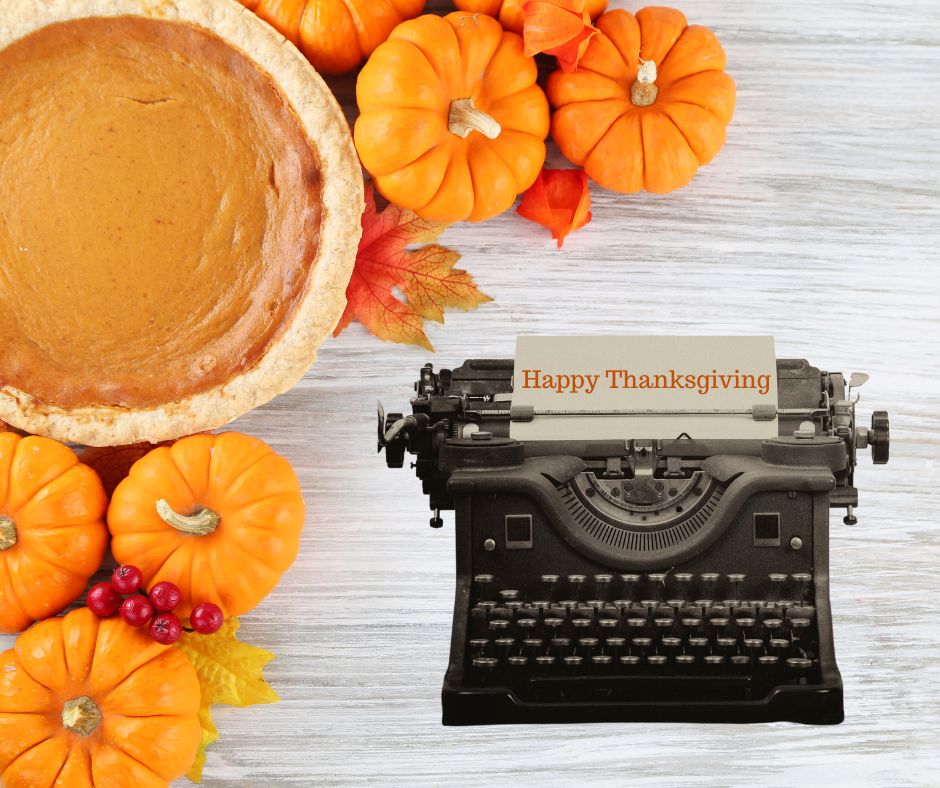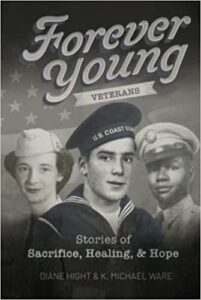By Debbie Burke
@burke_writer

“Make him an offer he cannot refuse.”
Vector image CC BY 4.0
Whether you’re buying a car, arguing with a boss, or making a deal with your kids to do their homework, most interactions in life are negotiations. Each of us wants to get our own way.
Humans live in a constant state of imbalance, jockeying back and forth to gain the upper hand.
That usually translates into attaining power over someone else. That power can be immense or tiny.
Learning to exploit power imbalances is an effective technique for writers to ramp up the tension in fiction.
In most stories, one character has certain goals while another character has different, conflicting goals. That leads to negotiations between characters that can be physical, verbal, social, or psychological.
The goal can be large scale (world domination) or small scale (spouses arguing whether the toilet seat should be up or down).
One character usually starts out dominant; the other is in an inferior position and wants to rise to the superior position. Their struggle creates tension and suspense as the reader wonders who will prevail.
Each scene in a novel is a micro power struggle between characters. Those struggles can be shown in different ways:
- A character has superior knowledge, ability, or position that the other character attempts to gain.
- One character wants to control another.
- A character takes action that appears to mean one thing but actually means something different.
- A character’s dialogue is different from what they’re actually thinking.
Seller says: “I’m offering you a fabulous deal on this 911 Porsche.” Seller thinks: The price is ten grand higher than market but he’s salivating. He won’t leave without the car.
Buyer says: “Forget it. I won’t pay a dime over $$.” But Buyer thinks: I’ve always wanted a 911. If he comes down a grand, I’m snapping it up.
Boss says: “Management told me to cut expenses ten percent across the board including your salary.” Boss thinks: With three kids, she doesn’t dare quit. A ten percent cut means a bigger bonus for me.
Worker says: “That’s unacceptable. Besides, I have a better offer with a twenty percent increase and three weeks paid vacation.” Worker thinks: Can she tell I’m bluffing? What if she fires me?
Anyone who’s ever been a parent can fill in their own examples of negotiations with their kids!

In thrillers, mystery, suspense, sci-fi, and fantasy, typically the antagonist is stronger, richer, smarter, more ruthless, or more determined than the protagonist. The protagonist spends much of the story trying to keep from being squashed and defeated.
Character A may start out in control at the beginning of a scene but Character B has leverage because of superior knowledge or ability that reverses the power by the end of the scene. Then in subsequent scenes, A must scramble and come up with new strategies to regain control while B fends off efforts to topple him/her.
One of my favorite stories is O. Henry’s “Ransom of Red Chief,” first published in the Saturday Evening Post. [Note: some language from 1907 is no longer acceptable today]. It is a detailed blueprint of negotiation among characters who jockey back and forth for power. Demands are made. Counteroffers follow. Demands change, resulting in counter-counteroffers and counter-counter-counteroffers.
Here’s the story premise: Two ruthless criminals, Sam and Bill, decide to kidnap the only son of wealthy Ebenezer Dorset and hold him for a ransom of $2000. Surely Mr. Dorset will immediately cave into their demands and pay. Sam and Bill believe their scheme can’t lose.
When the redheaded ten-year-old victim beans Bill in the head with a brick, that physical act is the first hint of a potential power shift. Nevertheless, Sam and Bill are still in control as they subdue him and spirit him off to a cave hideaway.
However, in the cave, the kidnappers discover their hostage is a handful and they must maneuver to maintain physical and verbal control over him. Bill plays a game of make-believe with the boy, who’s dubbed himself “Red Chief.” In the game, Red Chief captures Bill and ties him up. Soon the kid “…seemed to be having the time of his life. The fun of camping out in a cave had made him forget that he was a captive himself.”
“Red Chief,” says I to the kid, “would you like to go home?”
“Aw, what for?” says he. “I don’t have any fun at home. I hate to go to school. I like to camp out. You won’t take me back home again, will you?”
We weren’t afraid he’d run away.
Although Red Chief remains their prisoner and no longer resists, he has verbally prevailed over Sam and Bill.
Red Chief’s physical harassment of them escalates. The kidnappers’ confidence begins to crack.
During the first night, Sam has a dream that illustrates Red Chief’s growing psychological power: “I had been kidnapped and chained to a tree by a ferocious pirate with red hair.”
Later, terrified screaming wakes Sam.
“Red Chief was sitting on Bill’s chest, with one hand twined in Bill’s hair. In the other he had the sharp case-knife we used for slicing bacon; and he was industriously and realistically trying to take Bill’s scalp.”
Red Chief’s attack demoralizes Bill who asks Sam, “Do you think anybody will pay out money to get a little imp like that back home?”
Their prisoner has taken psychological control of the situation.
Sam leaves the hideout and returns to town, expecting to find villagers in an uproar and frantically searching for the missing boy. He had anticipated the kidnapping would give the criminals social control over the community. Instead, all is calm. Their original premise, that Mr. Dorset will be desperate to get his son back, isn’t happening as planned.
Uh-oh.
Back at the cave, Sam finds Red Chief has further injured poor Bill. Sam tries to regain physical and verbal control.
I went out and caught that boy and shook him until his freckles rattled. “If you don’t behave,” says I, “I’ll take you straight home. Now, are you going to be good, or not?”
Red Chief appears contrite and apologizes. Sam believes he and Bill are back in the driver’s seat.
But the kidnappers’ determination falters when Bill, who can’t take any more abuse, begins to negotiate with Sam to reduce the ransom terms.
“…it ain’t human for anybody to give up two thousand dollars for that forty-pound chunk of freckled wildcat. I’m willing to take a chance at fifteen hundred dollars. You can charge the difference up to me.”
They agree to lower the ransom. Their foolproof, get-rich scheme is losing ground.
Next, Sam delivers the threatening note:
If you attempt any treachery or fail to comply with our demand as stated, you will never see your boy again. If you pay the money as demanded, he will be returned to you safe and well within three hours. These terms are final, and if you do not accede to them no further communication will be attempted. Two Desperate Men.
Although battered, the disheartened criminals are still holding onto their victim and believe Red Chief’s father will agree.
Instead, Mr. Dorset responds with a counteroffer:
I think you are a little high in your demands, and I hereby make you a counter-proposition, which I am inclined to believe you will accept. You bring Johnny home and pay me two hundred and fifty dollars in cash, and I agree to take him off your hands. You had better come at night, for the neighbours believe he is lost, and I couldn’t be responsible for what they would do to anybody they saw bringing him back. Very respectfully, Ebenezer Dorset.
With a classic O. Henry twist at the end of the story, Bill and Sam are out-negotiated. The kidnappers become the victims and must pay Mr. Dorset to take back Red Chief.
To incorporate negotiation in your own stories, ask these questions:
- What are each character’s goals?
- Which character is in a stronger position and which is weaker?
- How do they negotiate with each other to shift power to achieve their goals?
- Do they ask, plead, implore, barter, demand, or threaten?
- Do they slyly seduce their opponent? Or beat the snot out of them?
- Do they feign defeat to fool their opponent into dropping their guard?
- Do they bluff and posture, claiming strength or power they don’t actually have?
The more your characters negotiate with each other, the more the power shifts between them, raising tension and suspense. Readers turn pages to find out who wins. When you keep readers interested, they become fans who buy your next book.
Make your readers an offer they cannot refuse.
~~~
TKZers: Please share negotiations and power struggles between fictional characters that made an impression on you. Use examples from published stories, films, or your own WIP.
~~~
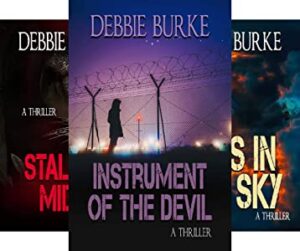
Debbie Burke is making an offer you can’t refuse:
For only $.99, try out the award-winning Tawny Lindholm Thriller series.
Special price for Thanksgiving week only.
Amazon sales link

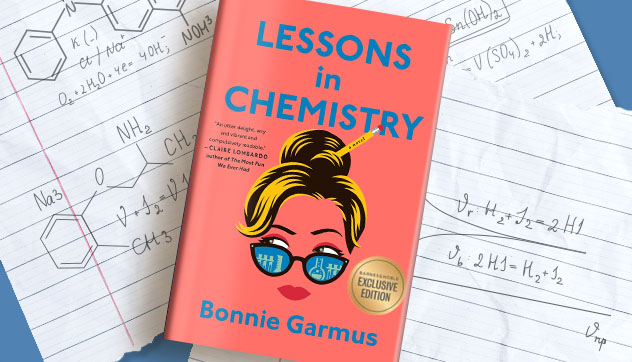
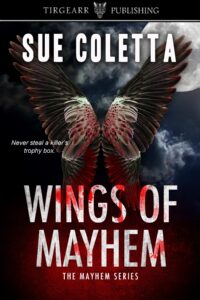
 We had a good discussion recently about
We had a good discussion recently about 

